- Read aloud together: Make it a habit to read aloud to your child every day. This helps them develop a love for reading and exposes them to a variety of vocabulary and storytelling styles.
- Set aside daily reading time: Have them choose a convenient time each day to read independently. Encourage them to choose books from genres that they enjoy and find most interesting.
- Create a reading-friendly environment: Set up a cozy reading nook in your home with comfortable seating, good lighting, and a selection of age-appropriate books. Make sure it is a quiet and distraction-free space, where your child can concentrate on reading.
- Visit the library regularly: Take them to the library on a regular basis and let them choose their own books. Librarians can also recommend age-appropriate books and help your child find topics they are interested in.
- Encourage writing and storytelling: Encourage your child to write their own stories, poems, or journal entries. This helps them develop their writing skills and allows them to express their creativity.
- Be a reading role model: Make sure that your child knows why reading is so important and that they are going to need it in life. Encourage them to keep reading and to find the definition of any misunderstood words so they can always understand what they’re reading.
Parenting
Help Your Child Study at Home
1. Establishing a regular study routine is key to helping your child develop good study habits. Set aside a specific time each day for studying and make sure your child sticks to it.
2. Create a distraction-free environment for your child to study in. This could be a quiet room in the house or a specific desk or table. Make sure the area is well lit and free of distractions such as video games, television, and cell phones.
3. Praise your child for their efforts and recognize their successes. Let them know that you are there to support them and offer guidance and assistance when needed.
4. Encourage your child to take notes, review their material regularly, and break large tasks into smaller chunks.
5. Every child has a unique learning style. Be aware of your child’s learning style and accommodate it when helping them with their academic work.
6. Make sure your child enjoys learning. Find ways to make it fun and engaging for them. This could include incorporating games.
7. Ensure your child always has an age-appropriate dictionary to hand and knows how to look up any misunderstood words.
5 Fun Science Activities to Do with Your Child
1. Create an Edible Aquifer – Use different layers of items such as fruits and vegetables to show an example of how water moves through an aquifer.
2. Make a Tornado in a Bottle – Create a small tornado in a bottle by adding water, dish soap and a few drops of food coloring to a large bottle and swishing it around with the cap on.
3. Grow a Bean Plant – Growing a bean plant is a great introductory science activity to explore the life cycle on a small scale.
4. Create a Volcano – Create a volcano using a bottle, clay, and baking soda and vinegar to explore chemical reactions.
5. Create an Electric Motor – Build a motor using a battery, magnet, wire, and a nail to explore the concepts of electromagnetism.
Fun Ways To Practice Addition
Fun ways to practice adding with your child:
1. Make an adding game using cards or pieces of paper with numbers written on them. Have your child pick two cards or pieces of paper and add the numbers together.
2. Create a number line on the floor with tape. Help your child move along the line to add the numbers together.
3. Use everyday objects like blocks, toys or even food for your child to add together.
4. Show your child different addition problems and have him/her draw pictures to represent the problems.
5. Games like Monopoly and Yahtzee can be used to teach basic addition skills. Have your child practice adding up their money for purchases or the score of their roll.
6. Create a game board with different squares and when the child lands on a square have them solve an addition problem.
Happy Mom’s Day!
CLC Academy has doubled in size!
 Our private school is hopping with new students! Since August, we have doubled in size and we plan to triple the number of students by the new school year. We are servicing Kindergarten through 5th grade and our kids are primarily receiving scholarships through the Step Up for Students program. This program is proving very successful, as many of our students were previously attending public schools and were struggling to stay on track. These same students are now being instructed at their appropriate academic level, using effective curriculum, and are moving to the top of their class.
Our private school is hopping with new students! Since August, we have doubled in size and we plan to triple the number of students by the new school year. We are servicing Kindergarten through 5th grade and our kids are primarily receiving scholarships through the Step Up for Students program. This program is proving very successful, as many of our students were previously attending public schools and were struggling to stay on track. These same students are now being instructed at their appropriate academic level, using effective curriculum, and are moving to the top of their class.
“The Community Learning Center Academy is the most wonderful school! I have seen a big difference in D’s school work and attitude since he has started. The teachers here are great and so patient. Something you don’t see very often in public school. They have one-on-one teaching here and it’s wonderful. The environment is warm and inviting. My son is so happy here. He wakes up each morning eager and ready.” S.O. (parent)
 “I have been learning to read better and I am spelling better now. I like learning about explosions -like how they take down a building when they are getting ready to build another new building there. I like learning about volcanoes. Eruptions are cool! I like all the kids here! They are all my friends. I like going outside after lunch to play with them. That’s my favorite. We push each other around in the car, too.” M.C. (2nd grade student)
“I have been learning to read better and I am spelling better now. I like learning about explosions -like how they take down a building when they are getting ready to build another new building there. I like learning about volcanoes. Eruptions are cool! I like all the kids here! They are all my friends. I like going outside after lunch to play with them. That’s my favorite. We push each other around in the car, too.” M.C. (2nd grade student)
“I love school! I love Ms. Joanie and Ms. Erika! I have fun driving the play car. I know my ABC’s now. I like that Alex gives me blueberries when I do my work. I like the kids and I like doing numbers. I know the days of the week and my birthday.” J.K. (Kindergarten student)
Enrollment is now open for renewing families who are receiving Step Up for Students scholarship funding. Go to www.stepupforstudents.org under the For Parents -Income-based Scholarship tabs for more information on how the scholarship works and to apply for the 2017-2018 school year. If you need help filling out the application, please call us at (727) 441-4444.
CLC Academy Parent Dinner
Teen Athlete Success!
Community Learning Center and We Believe in Me saving lives together!
Community Learning Center has partnered with the We Believe in Me Foundation to help teen athletes improve their skills, their grades and therefore, their chances of being accepted by universities. As a result, they also improve their ability to continue playing football through college. Community Learning Center helps these students improve their ACT and SAT scores so that they are better candidates; we teach them the study skills needed to be able succeed in every area of life. We Believe in Me helps your athlete through the college process, including how to improve your college application and work with recruiters.
Here is another example of a math success from a Community Learning Center and We Believe in Me teen athlete:
“I feel like you [my volunteer tutor] really helped me understand Algebra and its symbols. You broke each of them down to me by showing me, and having me find the meaning of the symbols. Then you explained how to set each problem up and remember how they are supposed to be set up. This became a real eye opener for me in Algebra.”—D.M. (Community Learning Center and We Believe in Me student)

We Believe in Me Student Success!
 “After attending tutoring for awhile, I went back to school and was working on classwork. I started to notice more and more every day some of the things I am learning being tied into my teacher’s teaching. This tutoring has helped (me) gain back some advanced and some simple learning skills that are key in my learning.
“After attending tutoring for awhile, I went back to school and was working on classwork. I started to notice more and more every day some of the things I am learning being tied into my teacher’s teaching. This tutoring has helped (me) gain back some advanced and some simple learning skills that are key in my learning.
I remember being taught back in 4th and 5th grade about my verbs, pronouns, and adjectives, but until tutoring, I couldn’t recall any of the information I was taught about them. I feel this program is amazing. I feel as if it has brought some of the great things I knew back from the dead.”–A.J. (Teen Student)
The Community Learning Center has been working with We Believe in Me Foundation student athletes to help improve their skills and grades in school so that they may continue to play football at university. We help these students with basic skills by filling in the gaps of their education programs and helping prepare them to take the ACT and SAT tests. Our students are better prepared for college because they learn how to study and how to overcome the barriers to study. We are creating independent learners who will become productive members of society. If you are interested in signing your teen athlete up for tutoring, please contact the Community Learning Center at (727) 441-4444. Scholarships are available to families who qualify.
What’s Wrong with this Picture?
 Written by: Holly Haggerty, Executive Director
Written by: Holly Haggerty, Executive Director
In my last post I discussed the phenomenon of pile on—asking kids to do work that is above their instructional and developmental level.
This phenomenon occurs right away in kindergarten where kids are expected to learn how to write lists, narratives, information, and opinion pieces before learning to print the letters. Pinellas County Schools recommends that teachers provide handwriting instruction only twice a week for five minutes.
The fact is, it is expected that at the end of the year kindergarteners will produce narratives in barely legible scrawl.
It has been that way for many years. We see the results of this practice at our Center—middle and high school students whose handwriting is barely legible. Many of these same students hate writing—perhaps because writing was difficult for them right from the start, having been asked to write full texts prior to mastering the letters.
In the Next Generation Sunshine State Standards, the previous set of Florida standards, kindergarteners were expected to learn the following writing process:
1. Pre-writing
2. Drafting
3. Revising
4. Editing
5. Producing a finished piece of writing 1
The same standards said that by the end of kindergarten students will “print many of the upper and lower case letters and recognize the difference between the two.”
In the new set of standards, LAFS (Language Arts Florida Standards), the following benchmark is given for the end of kindergarten: “Use a combination of drawing, dictating, and writing to compose opinion pieces in which they tell a reader the topic or the name of the book they are writing about and state an opinion or preference about the topic or book (e.g., My favorite book is…).”
Again the standards say that the student will “Print many upper- and lowercase letters.” 2
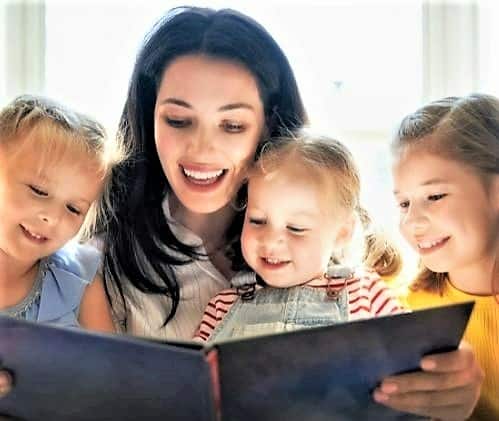
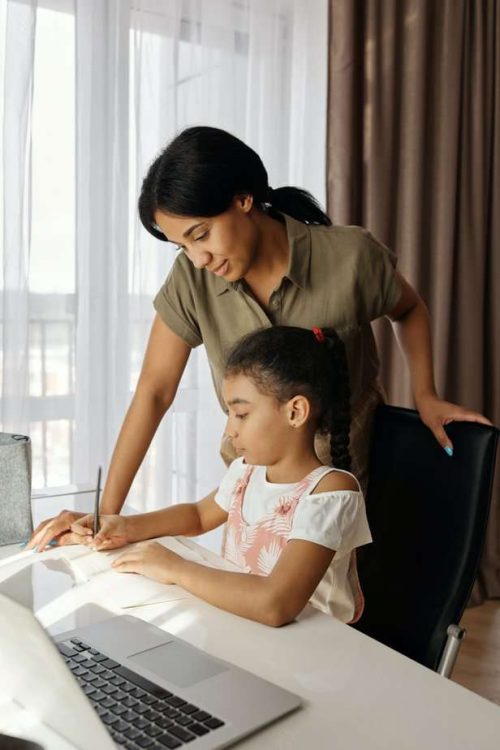
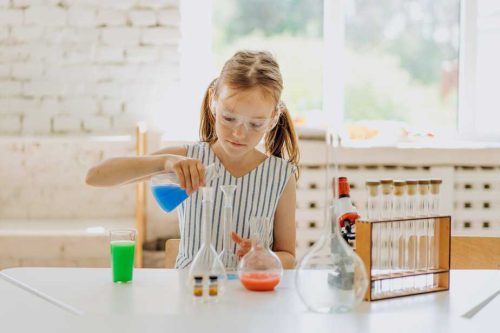
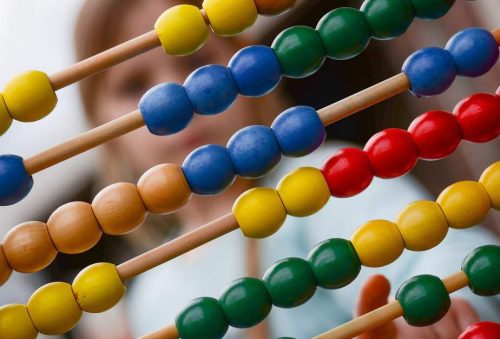
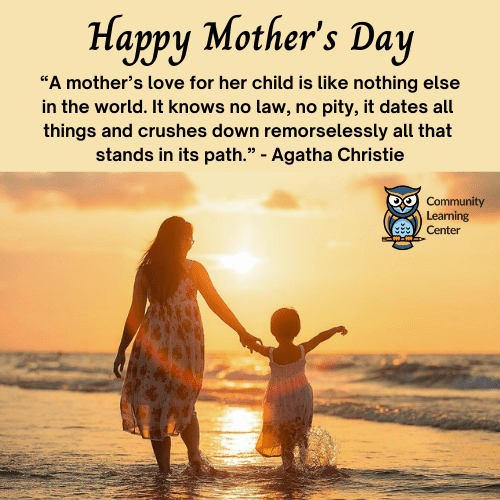






Recent Comments